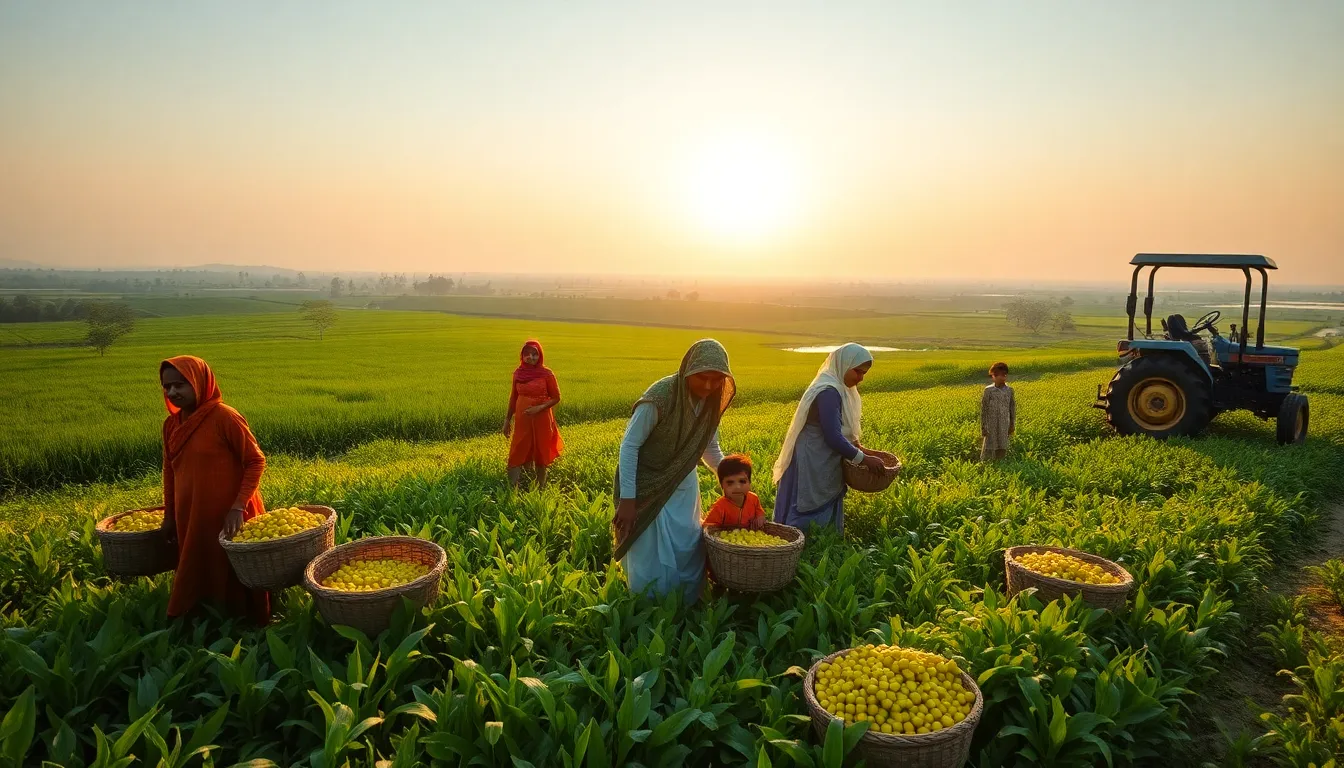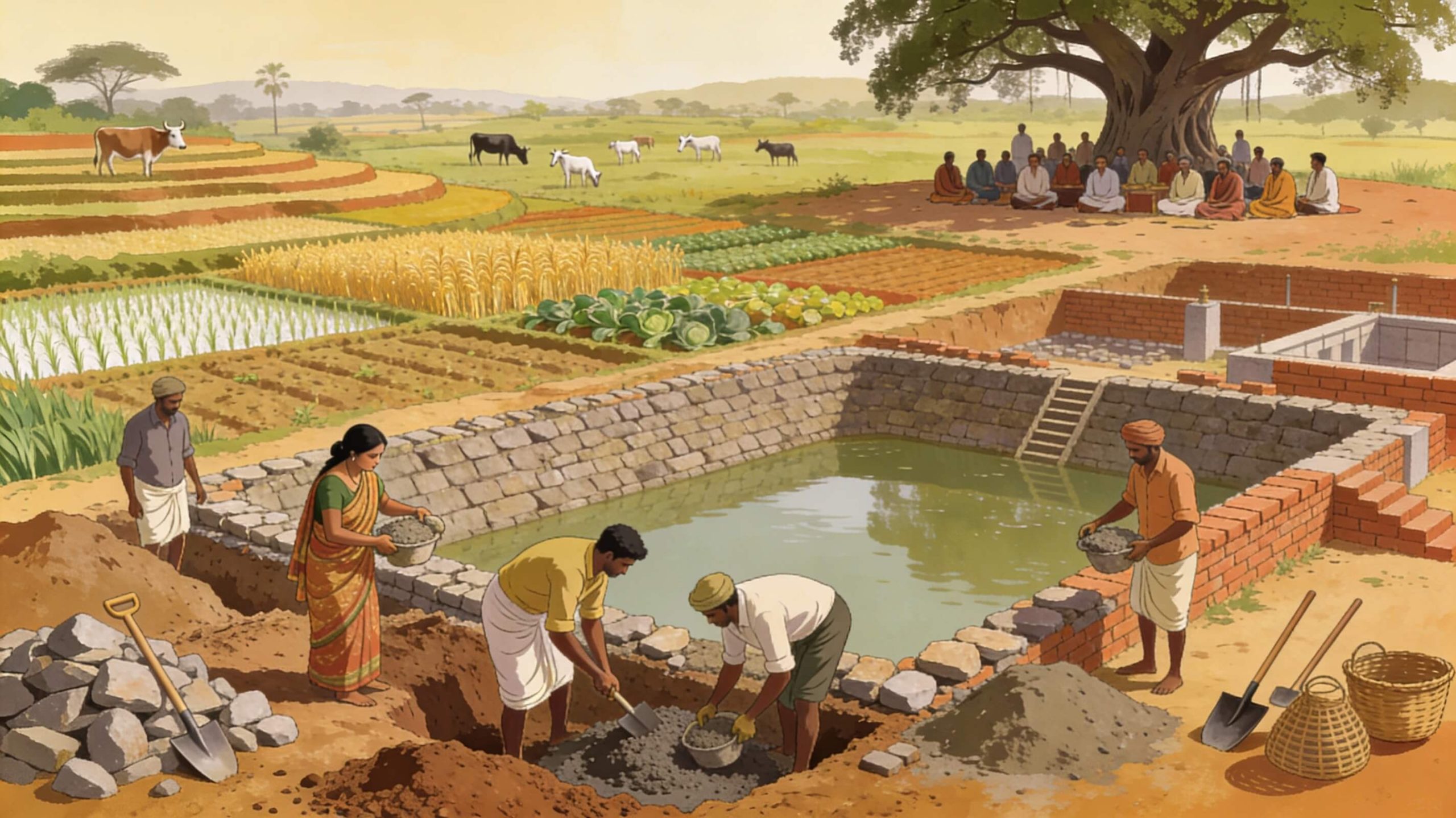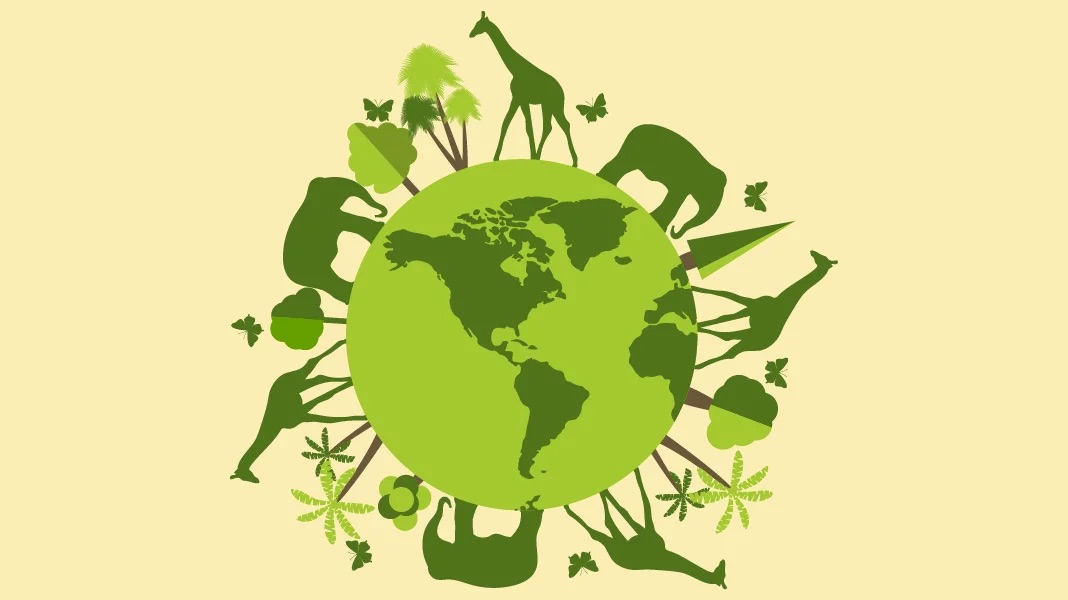In a crucial step to address rising pulse prices, the Indian government has extended the duty-free import policy for yellow peas until March 31, 2026. This extension, effective immediately, is part of the government’s ongoing efforts to manage domestic supply and control food inflation. In 2024, India’s pulse imports nearly doubled, with yellow peas making up the largest share. The country imported an estimated 6.63 million tonnes of pulses in 2024, compared to 3.31 million tonnes in 2023. Yellow peas alone accounted for 2.9 million tonnes, representing 45% of total pulse imports.
Yellow peas are primarily sourced from Canada and Russia, with Canada being the largest supplier. The duty-free import policy was first introduced in December 2023 and has been extended several times. The latest extension comes after the previous one was set to expire on May 31, 2025.
This policy aims to stabilize prices in the pulse market, which have been rising due to increased demand and fluctuating production levels. The Indian government expects that improved domestic pulse production will also help in keeping prices stable. The Department of Agriculture has indicated that the production of key pulses like tur, chana, masur, and moong is expected to be higher this year, thanks to favourable weather conditions.
Tur production is projected at 35.02 lakh metric tonnes, a 2.5% increase from the previous year. Similarly, kharif moong output is estimated to reach 13.83 lakh metric tonnes, which is a 20% increase compared to last year’s figures. This rise in production is anticipated due to good sowing patterns and sufficient soil moisture.
The extension of the duty-free import policy is also beneficial for Canadian farmers, who have seen a decrease in exports to China due to a 100% tariff imposed on Canadian peas. This situation has made the Indian market increasingly important for Canadian producers. With the reduced competition in the Chinese market, Canadian farmers are likely to focus on exports to India.
Vivek Agrawal, the head of JLV Agro in India, highlighted that while the extension is positive news for Canadian farmers and Indian consumers, it may not significantly impact Indian traders due to the current saturation of the market with various legumes. It is speculated that prices in India may either remain stable or decrease slightly following this announcement.
Analysts from AgPulse Analytica predict that India may import one to two million tonnes of legumes in the 2025-2026 period, which is lower than the current agricultural year’s volume of 2.3 million tonnes. The competition between Canadian and Russian suppliers is expected to influence prices, with Canadian producers likely needing to lower their prices to maintain market share in India.
Overall, the extension of the duty-free import policy for yellow peas is a significant move to ensure food security and price stability in India’s pulse market. With increased domestic production expected, the government aims to support both consumers and farmers. The agricultural sector will continue to monitor these developments closely as they unfold over the next few years.





